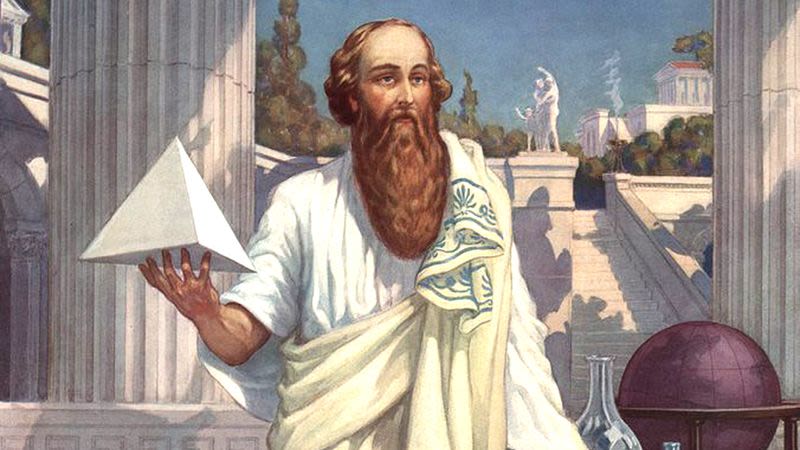Most people that have been vegan for any length of time integrate their veganism into their philosophy of life. Regardless of why people become vegan in the first place, with the exposure to vegan information over the passing of time one cannot help becoming more and more aware of the benefits of this lifestyle to the individual, to society, to animal life, and to the planet generally. The individual benefits from the health aspects of the lifestyle. Farmed animals benefit firstly because of the decreased commercial demand for dead animals sees them living longer. The follow-on effect is then that farmers breed less animals because the market for dead animals is decreasing. The overall balance of nature improves as animal populations are allowed to move to more natural levels (humans need to learn to manage their own population levels but that is another discussion). And the environment benefits as people reduce their carbon footprint and global warming is decreased.
As people start thinking about these things and the impact of their decisions, their personal philosophy becomes intertwined with their veganism whether they are aware of this or not.
You are in good company. Many of the ancient scholars and philosophers preached both the moral and health benefits of vegetarianism. The first philosopher in the West to create a lasting vegetarian legacy was the Greek teacher Pythagoras. Born on Samos in 580 BC, he studied in what are now the countries of Greece, Egypt, and Iraq before establishing his school in southern Italy at the city of Croton. Pythagoras is famous for his contributions to math, music, science, and philosophy. He taught that all animals, not just humans, had souls, which were immortal and reincarnated after death. Since a human might become an animal at death, and an animal might become a human, Pythagoras believed that killing and eating non-human animals sullied the soul and prevented union with a higher form of reality. Additionally, he felt that eating meat was unhealthy and made humans wage war against one another. For these reasons, he abstained from meat and encouraged others to do likewise, perhaps making him one of the earliest campaigners for ethical vegetarianism.
The Greek philosopher Plato (428-348 BC) was influenced by Pythagorean concepts but did not go as far as Pythagoras did. It is unclear exactly what his diet consisted of, but Plato’s teachings asserted only humans had immortal souls and that the universe was for human use. Yet, in The Republic, Plato’s character Socrates asserted that the ideal city was a vegetarian city on the grounds that meat was a luxury leading to decadence and war. Thus, to Plato, abstention from flesh is warranted out of a desire for peace and an avoidance of indulgent, excessive living.
The Greek philosopher Plotinus (205-270 AD) combined Pythagoreanism, Platonism, and Stoicism into a school of philosophy called Neoplatonism. He taught that all animals feel pain and pleasure, not just humans. According to Jon Gregerson, author of ‘Vegetarianism: A History’, Plotinus believed in order for humans to unite with the Supreme Reality, humans had to treat all animals with compassion. Seeking to practice what he preached, Plotinus avoided medicine made from animals. He allowed for the wearing of wool and the use of animals for farm labor, but he mandated humane treatment.
It should be clear by now that different people have differing definitions of what it means to be vegan, to live by a vegan philosophy, to follow a vegan lifestyle, and to observe a vegan diet. If you are new to veganism, we suggest you focus on the definition from The Vegan Society. Listen to your conscience, develop you own understanding, and be on the lookout for ways you can improve.

